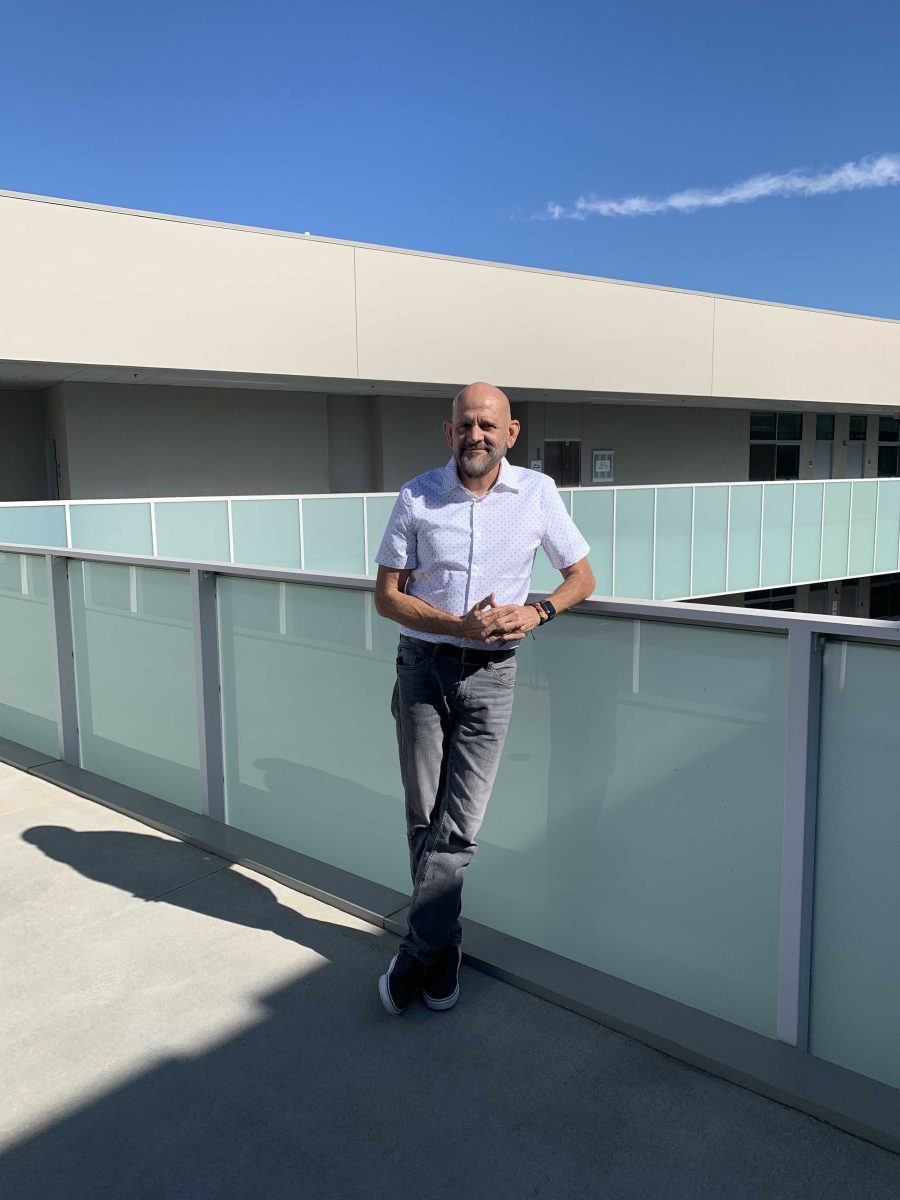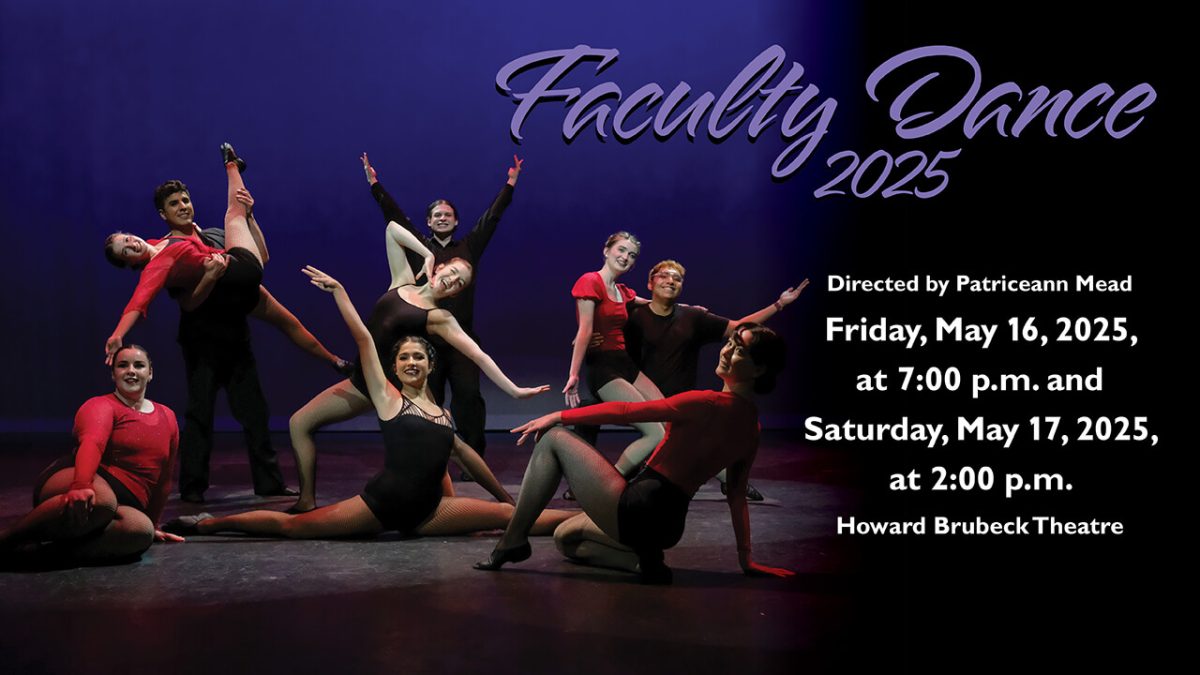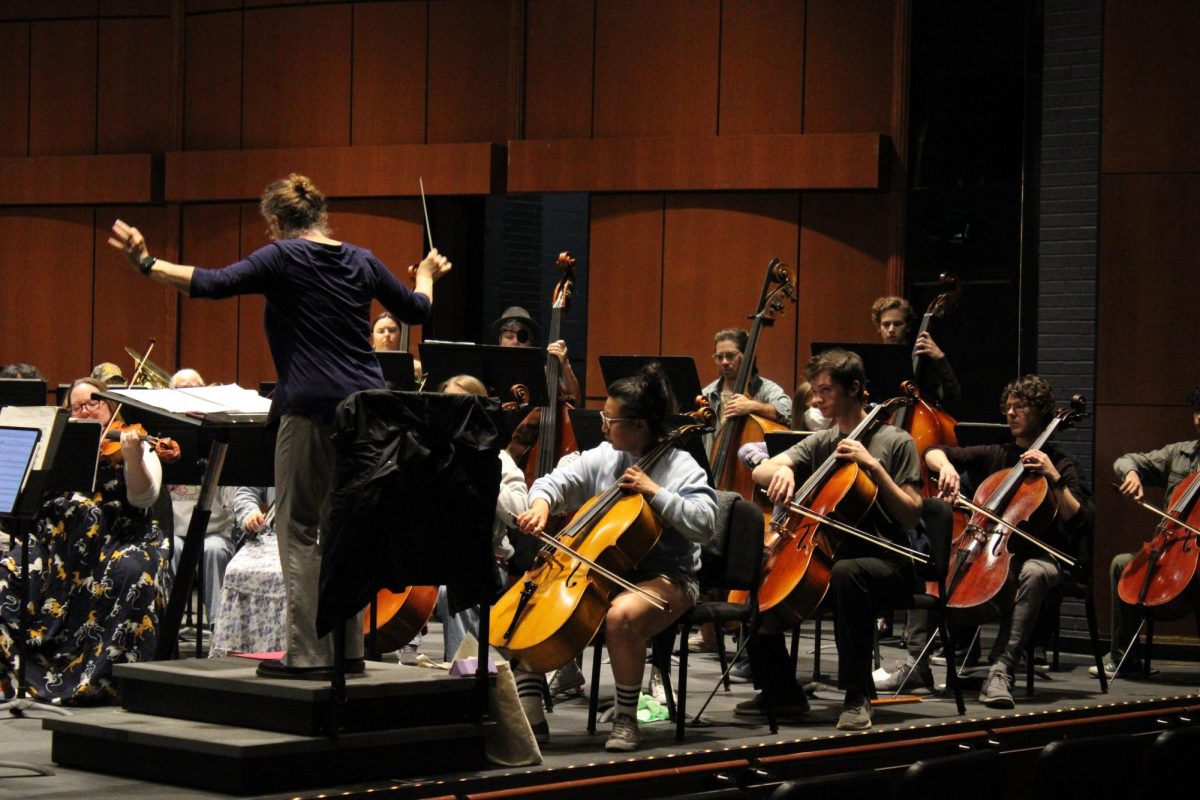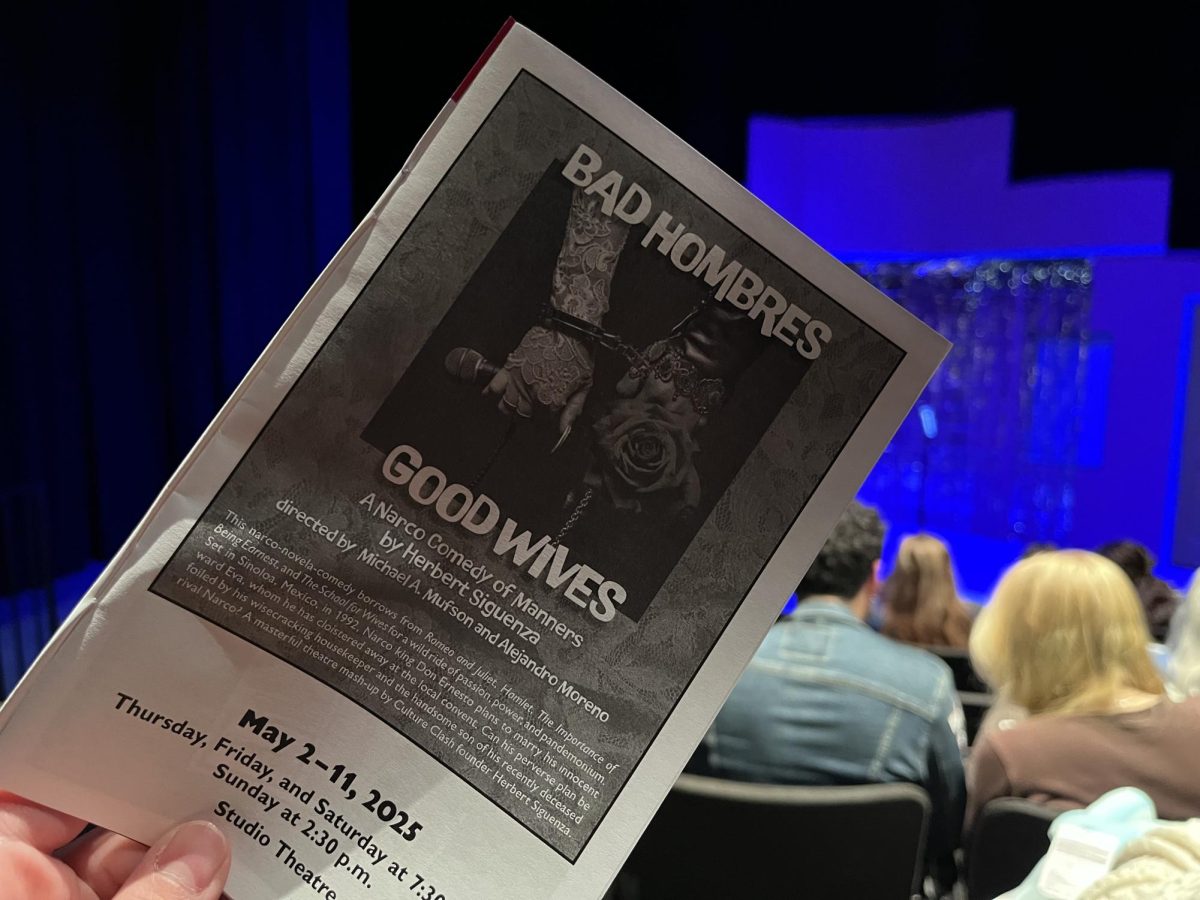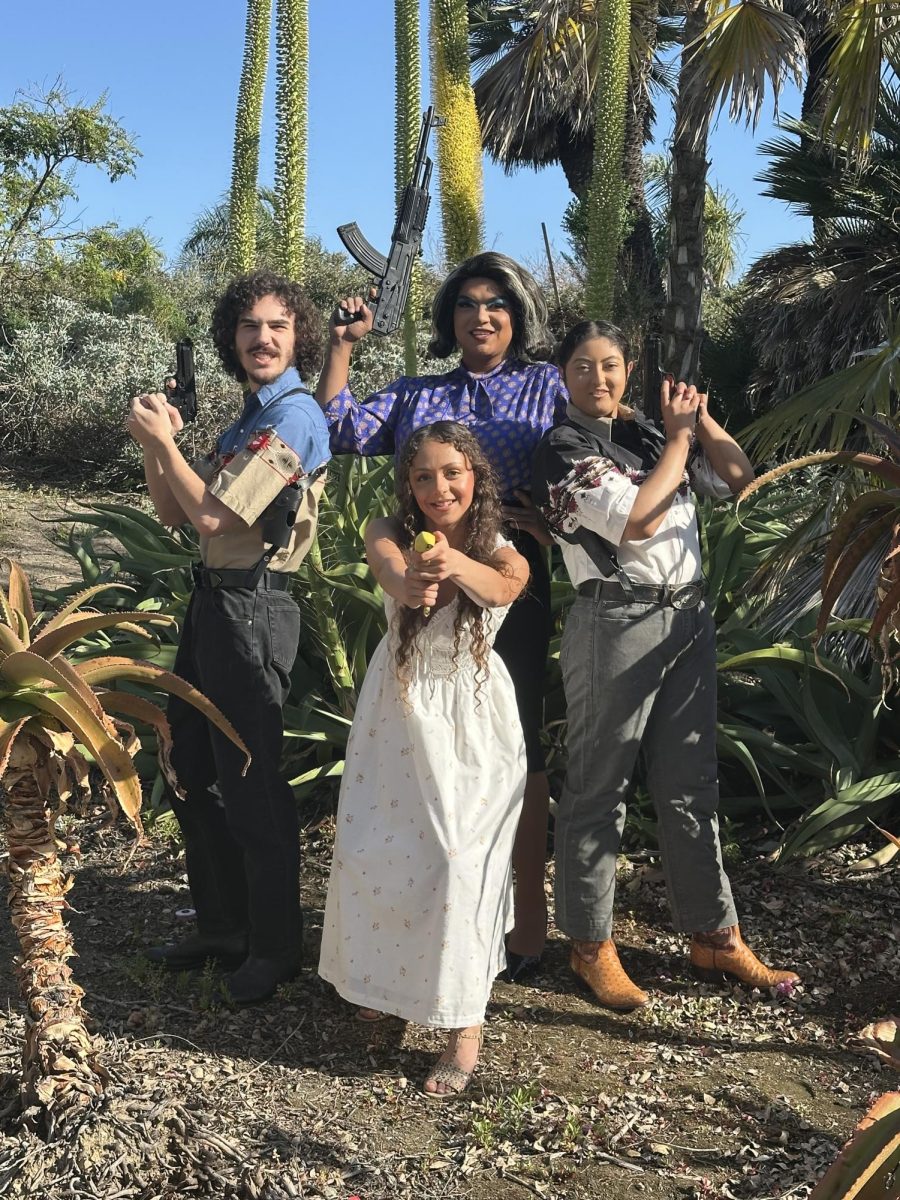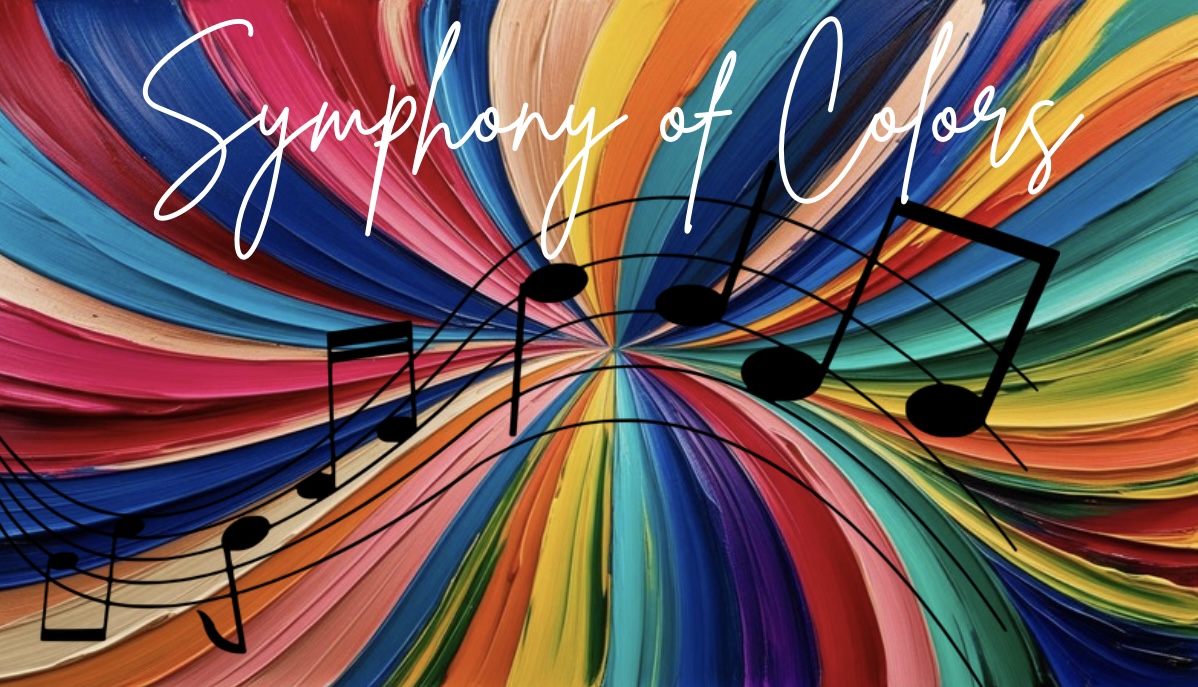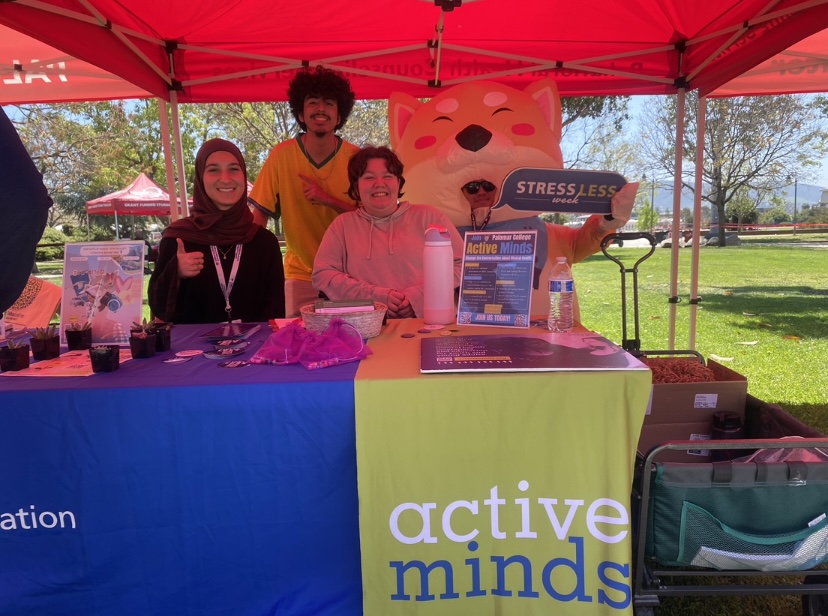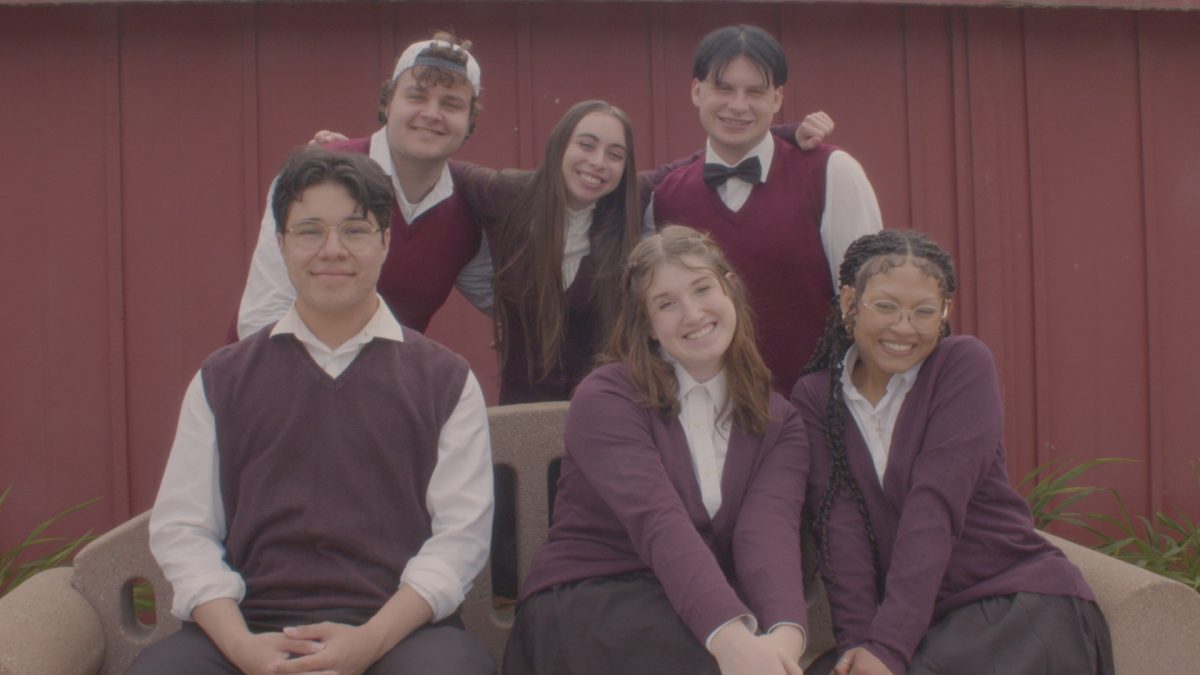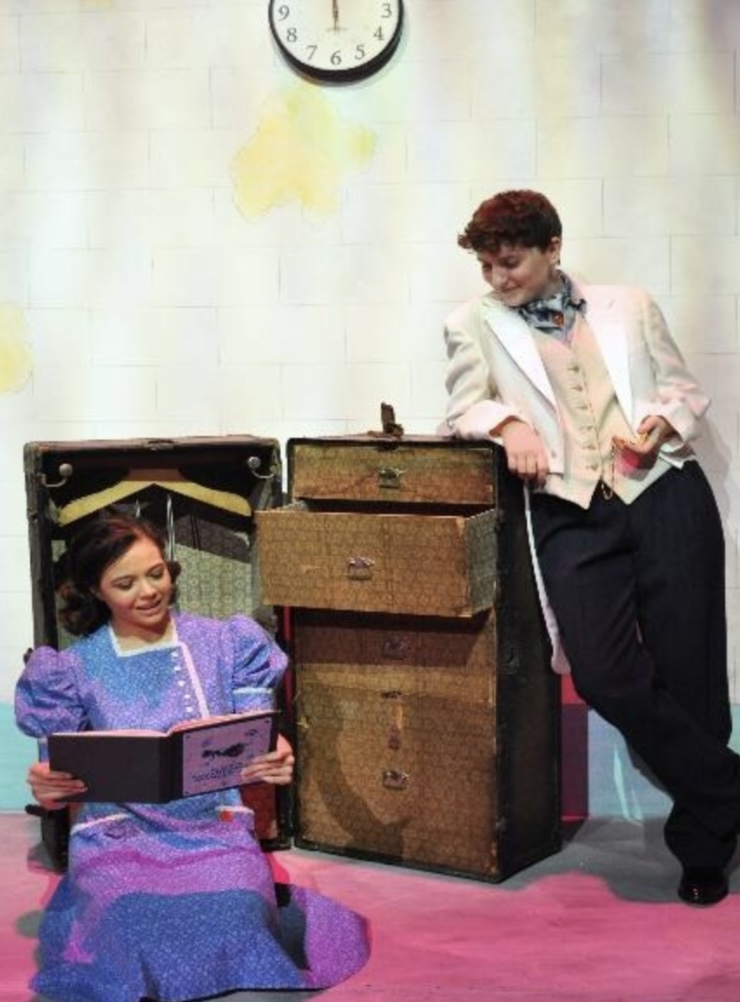Alex Gómez arrived at the border of Mexico, as he handed out water and handmade sandwiches to families and kids trying to come to the United States.
On October 16, 2023, Palomar Ethnic Studies Professor Alex Gómez visited the Jacumba Hot Springs. Gómez and a small group of people handed out water bottles and sandwiches to people trying to cross the border. They also explained how the system would work with them but ultimately send them back to where they started.
Gómez was born in Colombia, where he grew up and saw the issues with immigration. His family relocated to the United States, where he graduated from SDSU with multiple degrees in Latin American studies and a focus on the US-Mexican border region. Gómez explains his concerns and perspectives on the vast issue of immigration.
“Recently, there is another wall, it’s the Trump wall. They made it a little higher, but it doesn’t matter how high or thick. Those walls don’t work,” said Gómez. He works with individuals who have also noticed a rise of immigrants arriving at the border since September. Especially since border agents have set up an open-air camp randomly in the desert.
“A lot of people do donations because border patrol is not providing these people with food or water…there are families with little kids there, and it’s horrible,” Gómez said.
The U.S Customs and Border Protection states that they are committed to “upholding the civil rights and civil liberties of the members of the public with whom its employees come into contact in the course of their inspectional, enforcement, and trade activities, and prohibiting the use of racial profiling in the conduct of these activities.”
However, immigration advocates do not believe, that the U.S. Customs and Border Protection (CBP) is doing enough to uphold these rights and liberties, because of that Gómez is not the only one helping. Border Kindness a nonprofit foundation, assists in providing food, water, medical care, and legal services to immigrants. The foundation accepts donations from anyone and local businesses.
“Our programs and interventions are designed to identify, protect, and nurture the most vulnerable, including women, children, the elderly, and families,” Border Kindness explains on their website.
Gómez explained that about 150 to 250 immigrants show up every day, sometimes waiting three days at the camps to get processed and documented to cross. However, the process is not over. There are still other steps to go through that can cause difficulties for the immigrants, especially if they don’t have the right resources.
In September, Customs and Border Protection also reported that about 15,000 were at the border San Diego, San Ysidro border. These reports consist of people that are single adults (including mothers with children), unaccompanied children, and accompanied minors.
“They are sent to a detention center to get their bios, fingerprints, DNA and are given a form called 240,” Gómez said.
The 240 form allows for immigrants to show up to court and present their case for citizenship and passage to the United States. However, most are deported back. After they are denied, they can apply for a different forum, I-589, another chance to plead their case with a legit reason.
Many don’t know this, as this is one of the reasons Gómez is there: to inform and guide them through the system.
“Immigration is a topic that is very misunderstood. People think that migrants are overwhelming the system. To some extent, yes, they do, but we also need migrants to do the job that no Americans want to do,” Gómez said.
To understand more immigration issues, Palomar College now offers a US-Mexican Border class for students. Gómez had advocated for this class for three years and is proud that Palomar is now the second community college in the U.S. to offer this course.
“I think education is important to understand why people are coming. It’s not like one day people wake up and say they’ll buy a house in Hollywood,” Gómez said. “No, people leave because they are being pushed out of their country, either by war or crime like the cartel. There are so many things, many layers of problems.”
Another person at Palomar who feels like the system for immigrants is broken and tricky, is Kyle Owens, the Uomja program counselor.
Owens briefly spoke about how Palomar has helped undocumented students achieve academic success. He believes that the system of becoming documented and migrating is a struggle as it is even more so for students wanting a higher education.
The Uomja program is dedicated to African-American students’ academic success, as it is a state-wide program available for schools. Since the Cariño Village opening, programs like Umoja, Puente, Dream Program, or anyone from a Latinx/Chicanox background have been welcomed into the shared space.
The Cariño Village offers many opportunities ranging from one-on-one counselor meetings to having a table full of informational flyers for undocumented students and others interested. Palomar even has a legal attorney every Tuesday in the Cariño Village for those seeking aid.
Owens understands and empathizes with two of his students who are still in the process of trying to gain citizenship while also attending school. Although it may be frustrating and confusing for his students, Owens believes it drives their pursuit of staying focused and hopeful.
“I know what it’s like being pulled over by the police, I’m a Black man…” Owens said. “I can’t image what an undocumented person feels like if they’re gonna call la Migra and think is this it? Am I getting deported?”
Like these Palomar faculty staff, Janette Romero Vallejo, a student at Palomar relates to the struggles of migrating.
“In my grandfather’s case, he spent eight months in the Otay Mesa Detention Center fighting his case of 65 years after countless unfulfilling promises,” Vallejo said.
Vallejo’s grandfather was denied for asylum and a green card as he refuses to speak about his time there. She elaborates on the process as her grandfather and her family had to go through with high payment fees and 10 to 25 years of patience.
“The immigration system has more cracks than we could see and it needs to be reevaluated, updated, and changed,” Vallejo said.
Vallejo believes that even though undocumented students have barriers like difficulty with speaking English, government papers, and so on, they can still achieve academic success.
“We as a community need to utilize ourselves along with our own sets of resources…to further help immigrants or undocumented students,” Vallejo said.
Corrections, Dec. 6, 11:45 a.m. – A previous version of this story misspelled Jacumba Hot Springs as “Jacumba in Hot Springs”. “U.S. Border Protections” was also changed to “U.S. Customs and Border Protections”. “California Border Patrol (CBP)” was also changed to “U.S. Customs and Border Protections (CBP).”

